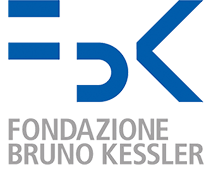Details about funded positions – 41st Cycle – Curriculum 5: Space sensing and instrumentation
(5H) Distributed radar sounder for mapping ice in the Earth’s polar regions
Funding institution: University of Trento
Doctoral site: University of Trento
Contact: Lorenzo Bruzzone [lorenzo.bruzzone@unitn.it]
Funds: Project Funds (ESA DistSound)
Mobility abroad: compulsory, minimum 6 months.
Periods in companies/research centres/public administrations: optional
A major source of uncertainty for climate models is related to the limited understanding of the conditions of the polar ice sheets in Greenland and Antarctica. This is due to the lack of satellite missions capable to measure the status of the ice from the surface to the bedrock. Recent studies and research activities resulted in the definition of the SaTellite RAdar sounder for earTh sUbsurface Sensing (STRATUS) mission concept. STRATUS is a satellite mission for Earth Observation with an innovative VHR distributed radar sounder (RS) having the unique capability to obtain continuous and large-scale subsurface measurements in the polar ice to get new fundamental data that have not been acquired by any other past or present remote sensing mission on the Earth. The distributed radar sounder is based on a flying formation that implements a multistatic radar.
The research activities of this grant are related to the STRATUS concept. The research will be focused on the development of methodologies for the modeling of the ice sheets and ice shelves and the related simulation of the distributed radar sounder data and/or on the study and definition of the signal processing techniques needed for the processing of the data acquired by the flying formation and the generation of the radar products at different levels. These activities will consider new concepts and methods and are expected to result in very relevant scientific returns.
Research will be developed at the University of Trento, Department of Information Engineering and Computer Science, Remote Sensing Laboratory (https://rslab.disi.unitn.it/).



